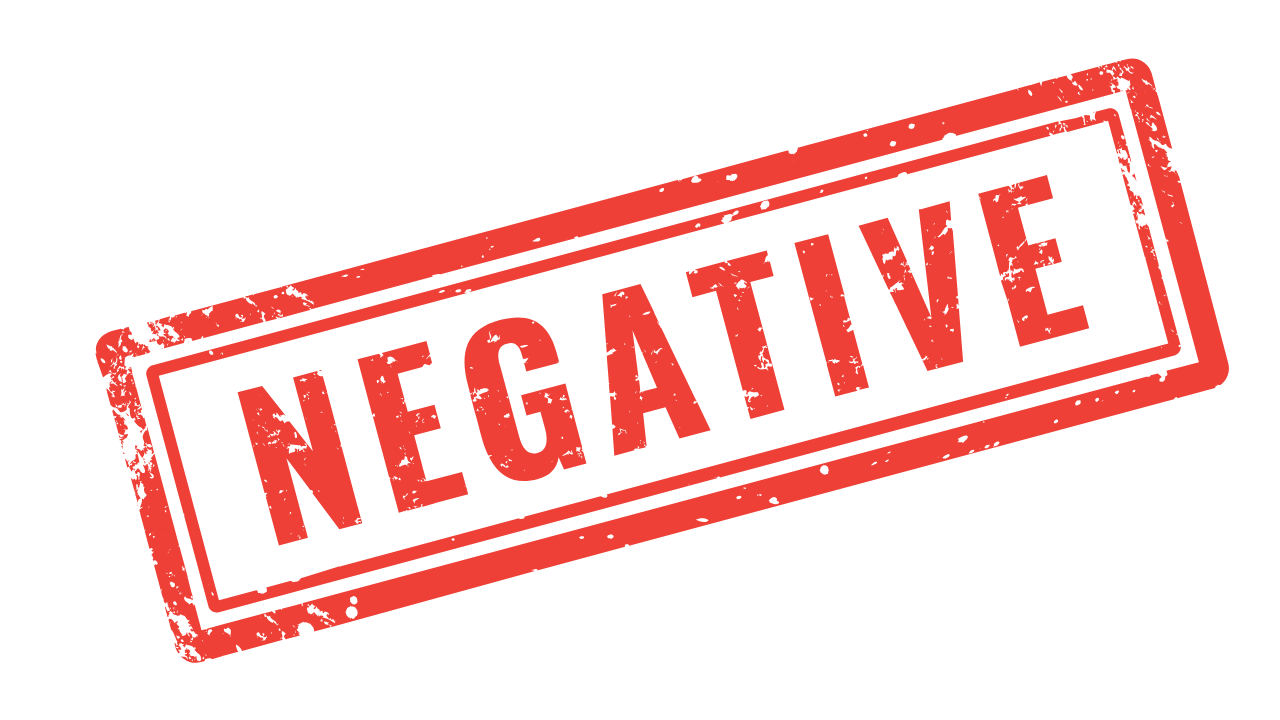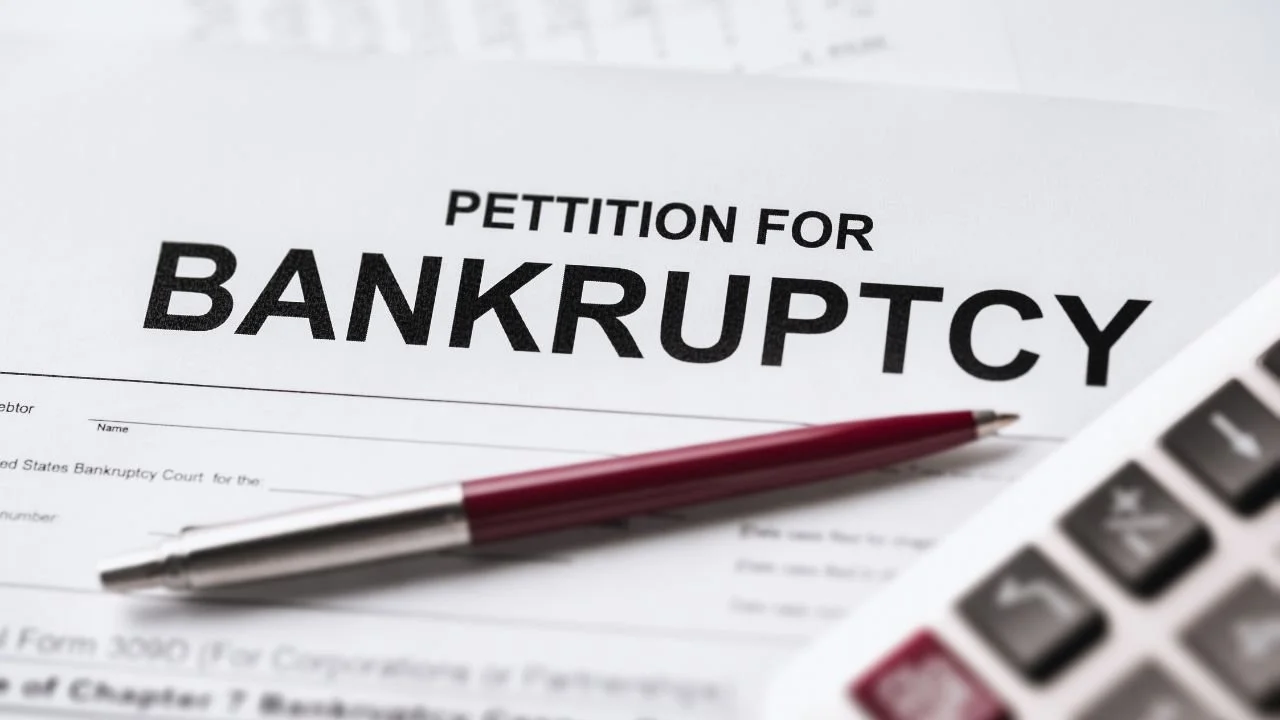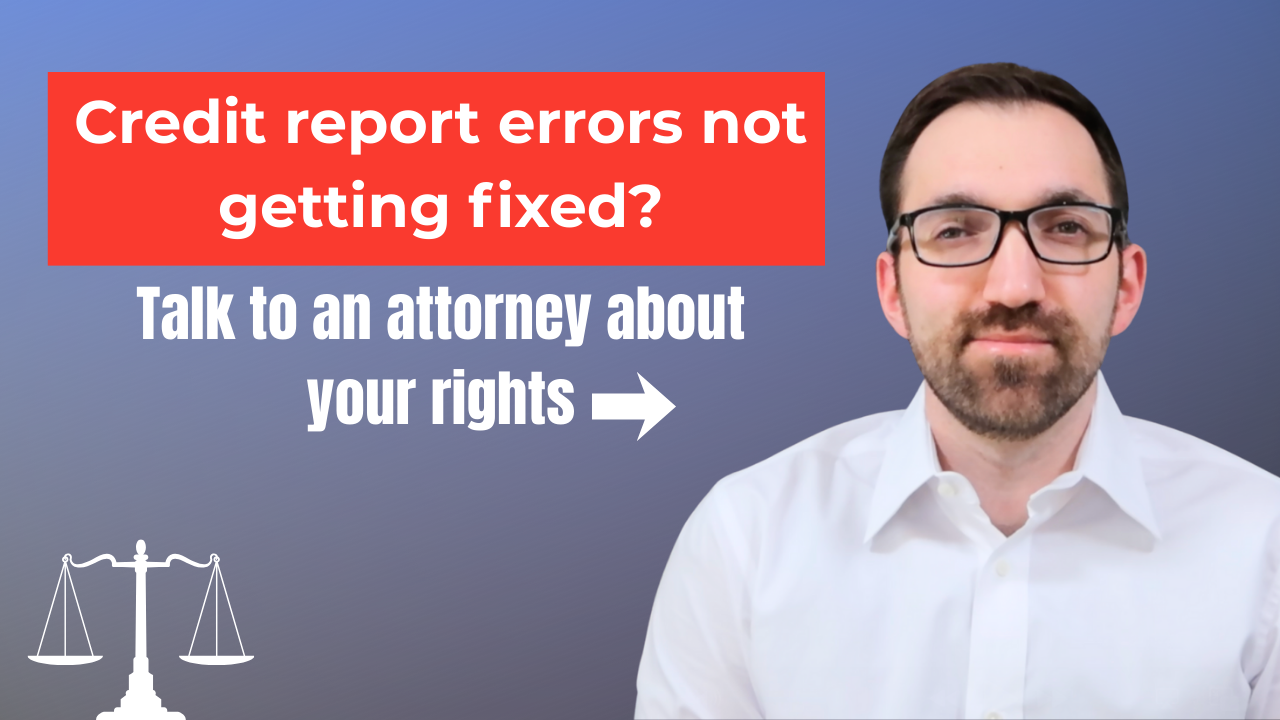When Do Derogatory Marks Fall Off Your Credit Report?
If you’re dealing with negative items on your credit report, it’s natural to wonder when they’ll finally disappear. These “derogatory marks” can bring down your credit score and impact your ability to qualify for loans, housing, or even a job.
But here’s the good news: they don’t stay on there forever.
In this post, I’ll explain how long it takes for derogatory marks to fall off your credit report, the different types of negative items, and what you can do if something is still there when it shouldn’t be.
What Are Derogatory Marks?
Derogatory marks are negative entries on your credit report that show you haven’t paid a loan or account as agreed. They signal to potential lenders that you may be a higher-risk borrower. Some common types include:
Late payments
Collections
Repossessions
Foreclosures
Bankruptcies
Settled accounts
Accounts paid for less than full balance
The effect these marks will have on your credit score is complex and will depend on a variety of factors. For example, each major credit bureau (Equifax, Trans Union and Experian) may use a different scoring model and therefore interpret a derogatory mark differently.
When Do Derogatory Marks Fall Off?
Pursuant to the Fair Credit Reporting Act (“FCRA”), most derogatory marks fall off after 7 years. This is true for all of the examples listed above except for one - bankruptcies. Accounts that are discharged through Chapter 7 bankruptcy proceedings will remain on your credit report for 10 years.
It is important to note that derogatory marks will have less of an impact on your credit score over time. FICO, the creator of the scoring model that 90% of lenders use, provides the following example “a collection that is 5 years old will hurt much less than a collection that is 5 months old.” See FICO’s article here.
Why Are Some Items Still Showing After 7 Years?
If it’s been more than 7 years and the negative item is still on your credit report, it could be due to:
Incorrect date reporting – the creditor may have re-aged the debt, which “reset the clock.” This is illegal under Section 1681c of the FCRA.
Multiple accounts tied to the same event – same account but it’s being reported twice on your credit report.
Errors by the credit bureau or creditor – mistakes happen, and they may need to be corrected through a dispute.
Can You Remove Accurate Derogatory Marks Sooner?
If a derogatory mark is accurate, your options are limited and oftentimes, the best option is to wait out the 7 or 10 years. There are however, two options you can try if you’re eager to get the negative information off sooner.
The first is pay-for delete agreements where you pay the creditor to remove the derogatory mark. This approach is controversial however because (a) credit bureaus discourage the practice and don’t always honor the agreements and (b) once you pay off the accounts and there is a $0 balance, there is likely not as much of an impact on your credit score.
The second option is a good-will request which is what it sounds like. You ask the creditor to remove the derogatory mark as a gesture of understanding. This is typically done after you’ve demonstrated that you’re now able to stay current on your payments.
The only downside to trying these options is the time and effort involved. There is also no guarantee it will work and it is notoriously challenging to get a hold of the right person at big banks and lenders.
Be cautious of any company promising to “fix” or “repair” your credit by removing accurate negative information. These services often charge high fees to send generic pay-for-delete letters or goodwill requests - things you can do yourself for free. Many of these outfits operate in legal gray areas or outright violate the Credit Repair Organizations Act (CROA), a federal statute enacted to protect consumers from these exact practices.
Can You Remove Inaccurate Derogatory Marks Sooner?
If the derogatory mark is inaccurate, that’s a completely different story. You have a legal right under the Fair Credit Reporting Act (FCRA) to a credit report that is accurate and fair.
If information on your report is incorrect, you can and should dispute it directly with the credit bureaus. They are required by law to investigate and either correct or remove any information that cannot be verified.
If the inaccurate information is not corrected after your dispute, you may have grounds to file a lawsuit against the credit bureaus or the furnishers (like creditors or debt collectors) who are reporting the error.
If you’re dealing with stubborn or clearly inaccurate negative items, don’t wait - it may be time to take legal action. A consumer protection attorney can help you evaluate your case. The FCRA provides for statutory damages and attorney’s fees, so many attorneys take these cases on a contingency basis with no upfront cost to you.
At Reznik Consumer Law, this is exactly what we do. We help people fix credit reporting errors and hold violators accountable.





